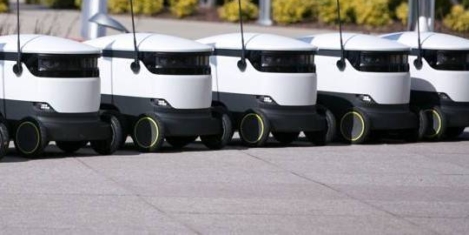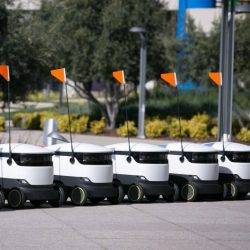May 18, 2018
Overall wellbeing of UK continues to increase, according to official data
New government statistics suggest that the general wellbeing and happiness of the UK population has increased over the last twelve months. According to the Office for National Statistics’ annual report on wellbeing, Britons are more contented now than at any point since the study was first published seven years ago. The latest report is based on an analysis of responses to the ONS, which asked people to rank out of ten how happy they were on the previous day, to what extent they regarded their lives as worthwhile, how satisfied they were with life, and how anxious they were generally. For 2017, average happiness was calculated at 7.53 out of ten, living worthwhile lives at 7.88, and life satisfaction at 7.69. There was no significant change in anxiety levels, which currently average at 2.91 out of ten, the ONS said.






































May 2, 2018
The quest for wellbeing has taken over from our search for productivity
by Mark Eltringham • Comment, Wellbeing, Workplace design
(more…)